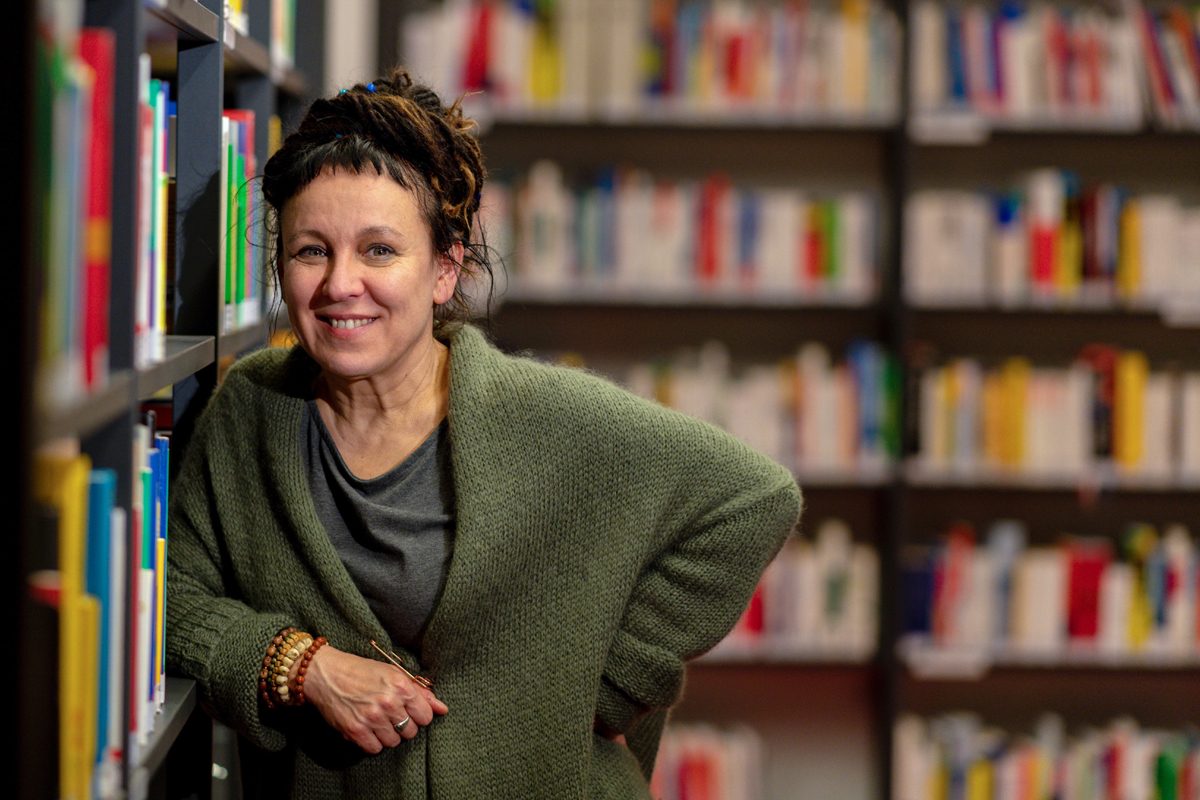The cloud has cleared over the Nobel Prize for Literature. Having postponed the prize in this category last year in the wake of a sexual assault scandal, the striking feature this year is the award for two authors ~ a testament to the importance that the Nobel committee accords to Literature per se. And not the least because the printed word ~ whether in newspapers or books ~ now faces a daunting challenge from the Internet, coupled with dwindling interest in reading.
It thus comes about that while the Nobel Prize for Literature (2018) has been awarded to the Polish author, Olga Tokarczuk and the 2019 prize goes to the Austrian author, Peter Handke. Tokarczuk won for “a narrative imagination that with encyclopaedic passion represents the crossing of boundaries as a form of life”, to summon the words of the citation. Written in Polish, her novels have been translated into English by Antonia Lloyd-Jones and Jennifer Croft. A sense of provocation and a distinctly anti-establishment tenor are at the core of her literary merit.
She had caused outrage among right-wing Polish patriots after commenting that Poland, which likes to depict itself as a plucky survivor of oppression through history, had itself committed “horrendous acts” of colonisation. For a time she was given bodyguards by her publisher as protection, after being branded as a targowiczanin ~ an ancient Polish term for “traitor” ~ by her detractors. Tokarczuk “never views reality as something stable or everlasting. She constructs her novels in a tension between cultural opposites ~ nature versus culture, reason versus madness, male versus female, home versus alienation.”
Handke, who is this year’s awardee, has been producing a number of works in varying genres for more than 50 years. He was honoured “for an influential work that with linguistic ingenuity has explored the periphery and the specificity of human experience”. “The peculiar art of Peter Handke, “ observed the academy, “is the extraordinary attention to landscapes and the material presence of the world, which has made cinema and painting two of his greatest sources of inspiration.” Regretfully, the Swedish Academy, founded in 1786, has for a while been mired in controversy.
There have been reports of infighting and conflicts of interest among its 18 members, who are selected for life and are viewed as the country’s guardians of culture. Poet Katarina Forstenson was among seven academy members to quit the body amid a bitter row about how to handle rape accusations made against her husband, Jean-Claude Arnault, who was also accused of leaking the names of several prize-winners. Arnault is currently serving a prison sentence for rape. Such ugly developments have sullied the supposedly august Academy.
Members of the Nobel Foundation, which funds the Literature Prize, have said the Academy still needs to do more to recover its reputation. The committee is said to be seeking a more diverse shortlist this year and is trying to move away from a “male-oriented” and “Eurocentric perspective of literature”. It must of necessity keep itself in the clear. For now and forever we must hope, Literature has triumphed.











